As we approach a new school year, we want to highlight this egregious type of abuse and its long-lasting effects on a survivor’s future. Academic Abuse manifests as a form of coercive control that both teens and adults are vulnerable to experiencing. The abuser’s goal is often to undermine your independence, leaving you reliant on them. By taking away academic pathways and undermining success, they may be able to prevent a survivor from gaining financial independence or other forms of autonomy. Women who are prevented from continuing their education are less likely to achieve financial security, earn competitive wages, or reach their full potential, i.e. negatively impacting their future in the long term.
Examples of Academic Abuse:
Coercing a partner to skip class or miss important academic time: studying, practicing for a presentation, etc.
Threats to end the relationship or withdraw if a partner chooses to spend time on school work instead of spending time together
Calling or texting at all hours, especially before tests and during important academic times, not respecting your partners’ time and concentration
Minimizing academic success
Blaming partner for poor grades
Monitoring/Controlling the partner’s behavior during class, or taking all of the same classes as them (isolation)
Belittling or making fun of a partner’s academic focus/choice
Withholding financial support
Teen relationships are unique because of how much time adolescents spend in school. The addition of cell-phone usage among teens in the last 20 years adds in a dynamic of being constantly in contact. This ability to be connected to their significant others 24/7 is a massive change from previous generations. According to Teenage Research Unlimited (TRU) 1 in 3 teens in dating relationships have been text messaged 10, 20, or 30 times an hour by a partner to find out where they are, what they’re doing, or who they’re with. This level of intensity causes distraction and can lead to youths not taking their education and/or creative skill-building seriously. Middle and high school are important formative years where youths explore new experiences and begin shaping their identity, without yet carrying the heavy responsibilities of adulthood. It’s important to remind youth of this, so they make the most of this special time in their life to develop their education and skills – rather than prioritizing intense, stressful relationships. At their age, relationships should be fun and add to their lives, not bring them down and affect their future negatively.
In a survey conducted by the Institute for Women's Policy Research, many survivors expressed their desire to continue their education. They wish to go back to school without having to ask permission or give a reason why, to find a better job, and to finally buy a house and support themselves and their children. Unfortunately, abusers often try to block these aspirations. In highly abusive cases, abusers may control finances to prevent survivors from paying for classes, start fights, or belittle them to disrupt focus, or physically prevent them from attending school—leading to failed courses and, eventually, dropping out. Abusive partners may also interfere with work by preventing survivors from attending training sessions or professional development that could lead to career growth and higher pay.
At La Casa de las Madres, we teach both our youth and adult clients to view education and skill development as a ‘pathway to personal freedom’. Education is not just about gaining knowledge; it’s a crucial pathway to achieving long-term goals and economic stability.
Authors: Gabriela Gonzalez-Puentes, Jaya Drohan


